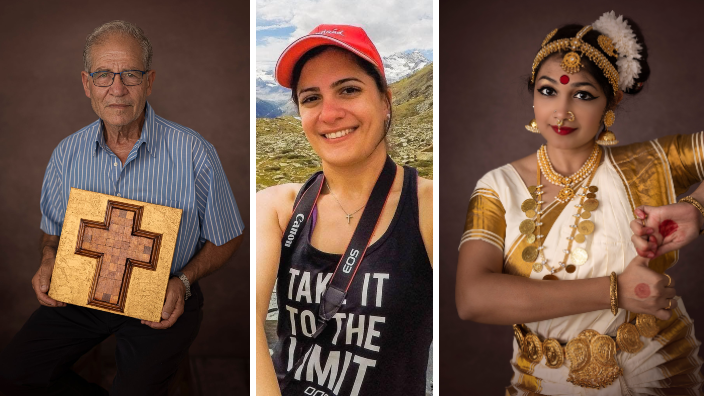Darwin has a very special place in Georgia Politis’ heart. The 27-year-old photographer was born and raised in the capital city of the Northern Territory, she is heavily involved with the Greek Orthodox Community of Northern Australia (GOCNA), and it’s where her passion for photography began from a very young age.
“I became addicted… to making progress [through photos] and realising how important it was, especially to my community because we didn’t really have someone to be at the events often and capture people when I was younger,” Georgia, who also works at Charles Darwin University, tells The Greek Herald.
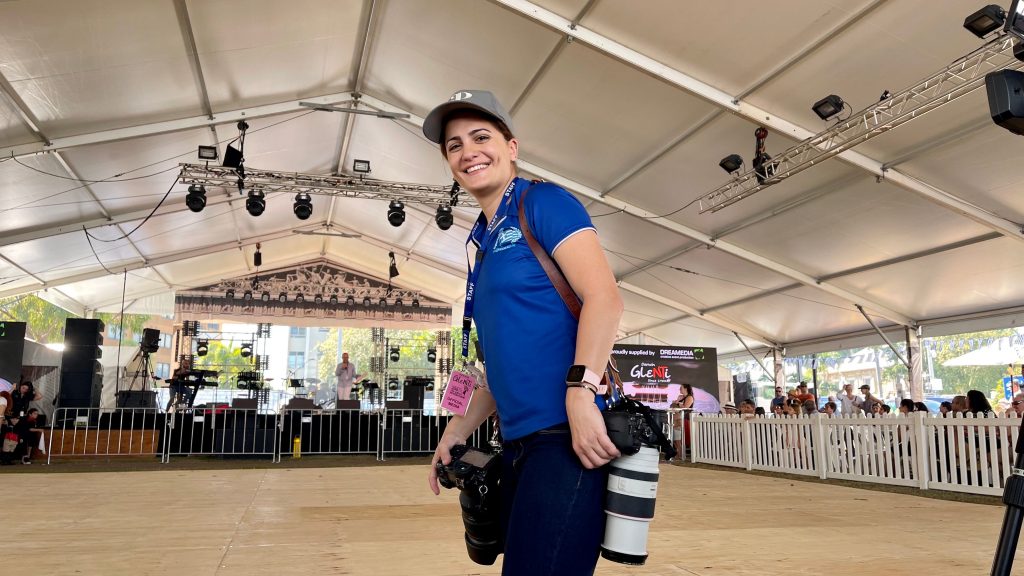
“That was my dream – to be one of those people for them and give them a voice through photography.”
From this passion grew the Darwin DiverCity Series where Georgia will photograph people from multicultural communities across Darwin, including the Greek, Indigenous, Indian and Zimbabwean communities. Her three-part series will also feature multicultural first responders and other frontline workers.
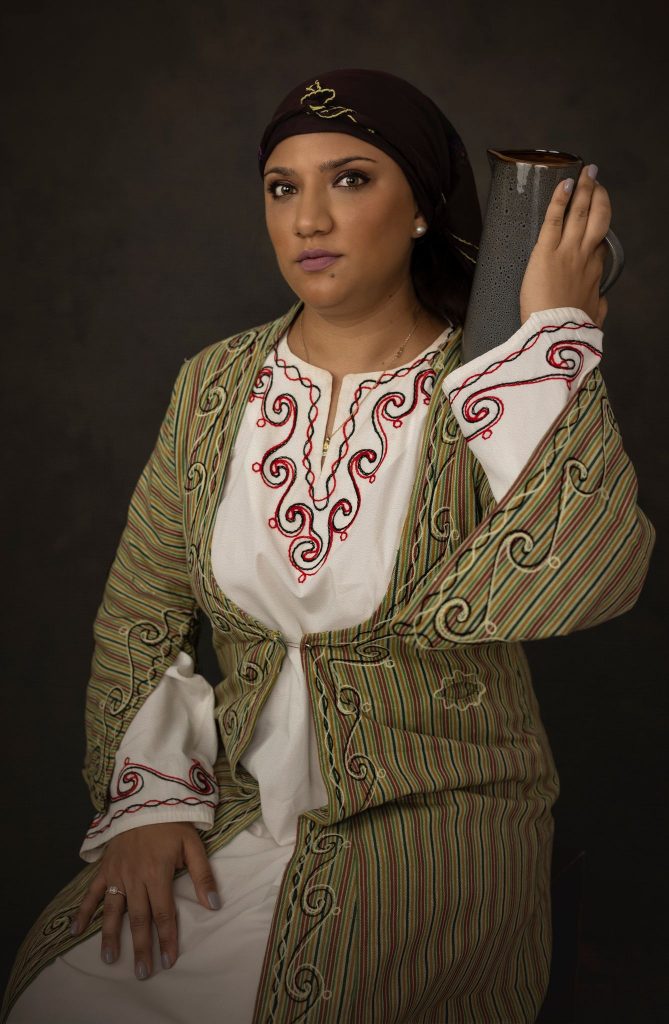
Fotini Gerakios. 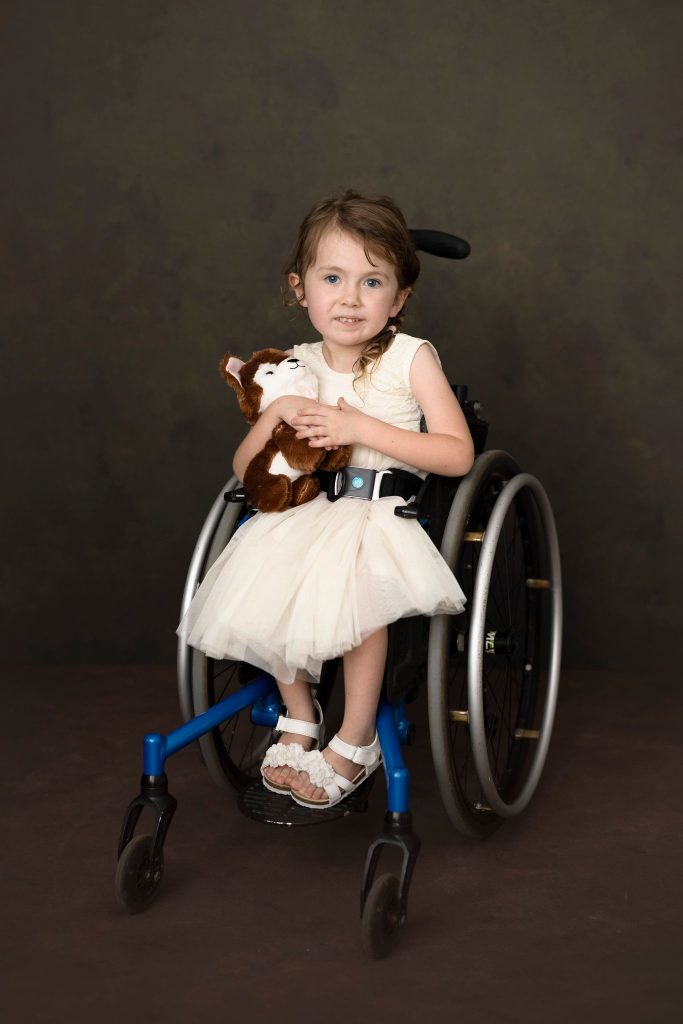
Aviana McElwee.
“Darwin’s really different. We’re not segregated up here, we’re quite mixed in… and I’m trying to remind people about that because obviously, as the years go by, people might go to their groups and start forgetting how diverse Darwin is,” Georgia explains.
“Certain cultures might have amazing backstories of where their clothes came from or their traditions and it’s just about reminding them about that.”
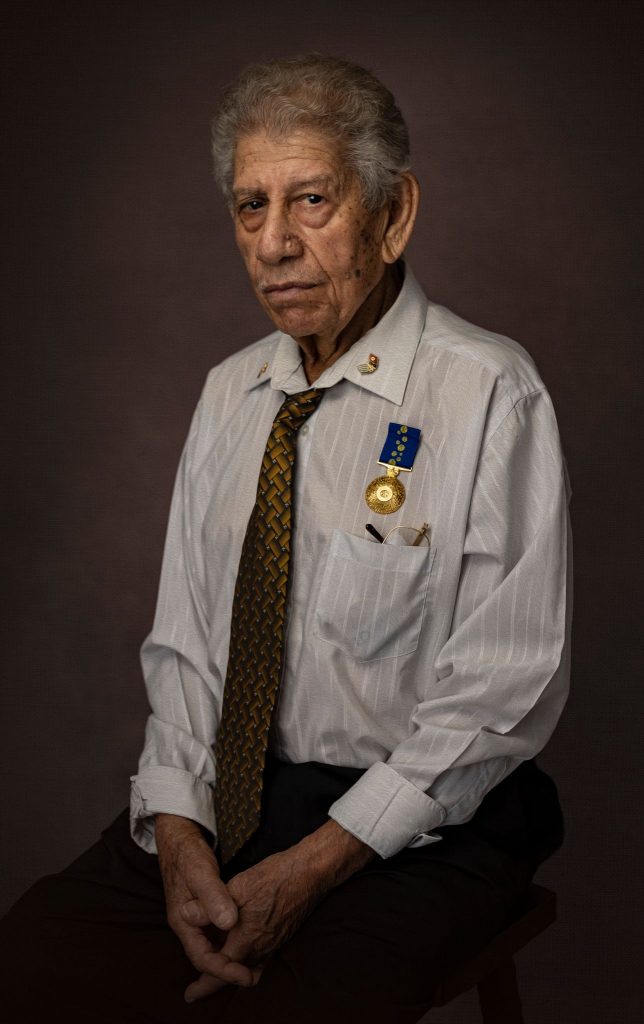
Panayiotis Kyriacou OAM. 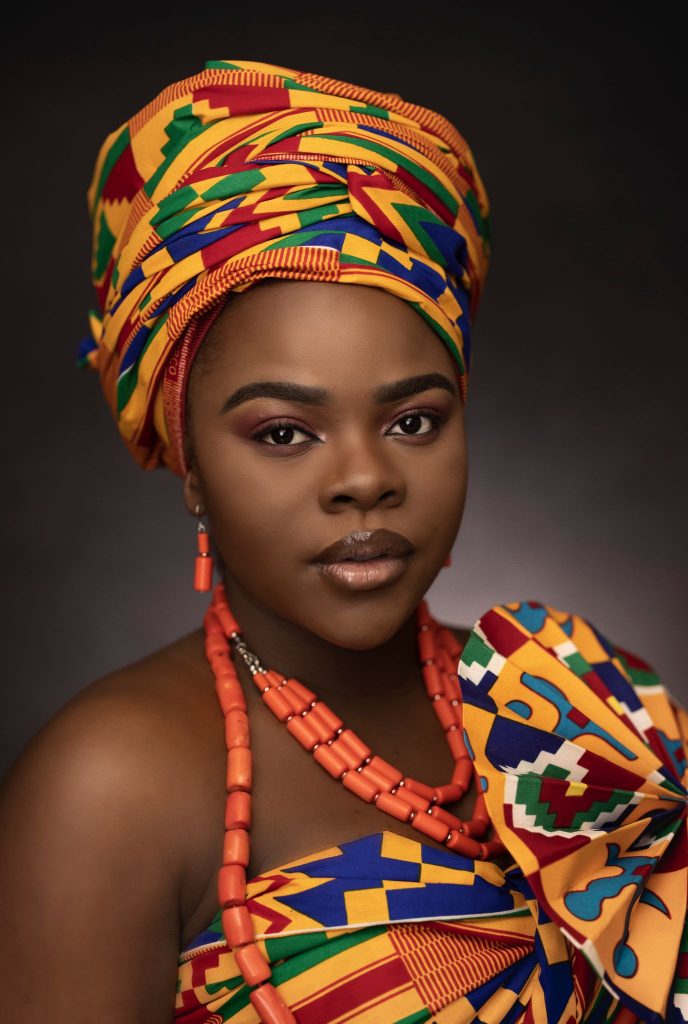
Kim Mowaey.
For Georgia, the one person who has been her favourite to photograph so far is her own grandmother, Sevasti Famelos. Georgia says Sevasti and her late grandfather, George Famelos, inspired the Darwin DiverCity Series.
“They’ve gone through so much in life and they’ve taught us so much. My grandfather, who I’m named after, gave me my first job when I was young and taught me the very first basics of business, which is why I’ve got a business today,” she says.
“My family [also] lost a lot of their photos in Cyclone Tracy so my grandmother tells me the stories through her words and as a kid, I could always try and imagine what it was like… but she didn’t have anything to show because they lost them. So, you know, they learnt to appreciate the value of photographs.”
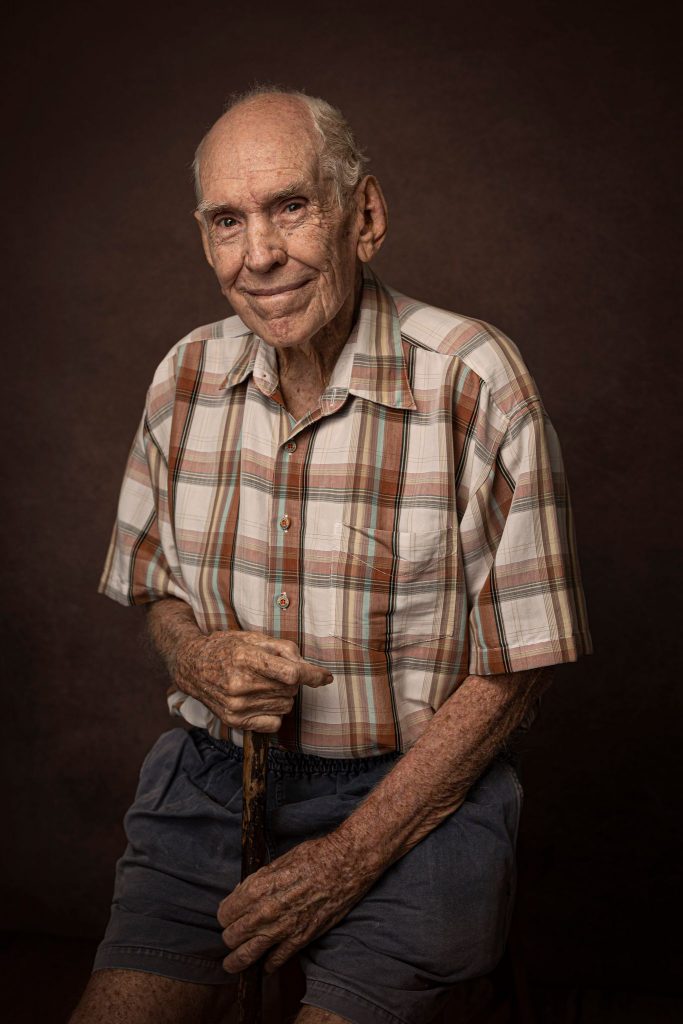
Graham McMahon. 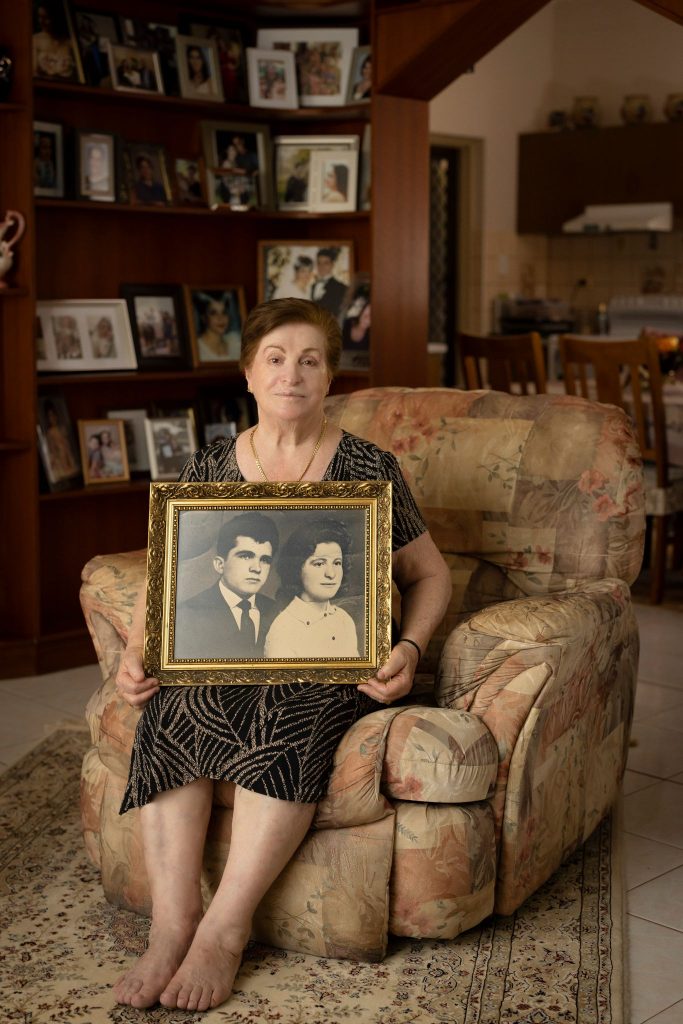
Georgia’s yiayia, Sevasti Famelos.
It’s for this reason, Georgia hopes the Darwin DiverCity Series will bring some joy to other cultures who want to share their stories as well.
“The purpose of the project is pretty much, in simple words, to never forget where you came from and how you got here and to appreciate it,” Georgia concludes.
“The elderly are not always going to be there and I think it’s time we start saying thanks to them.”
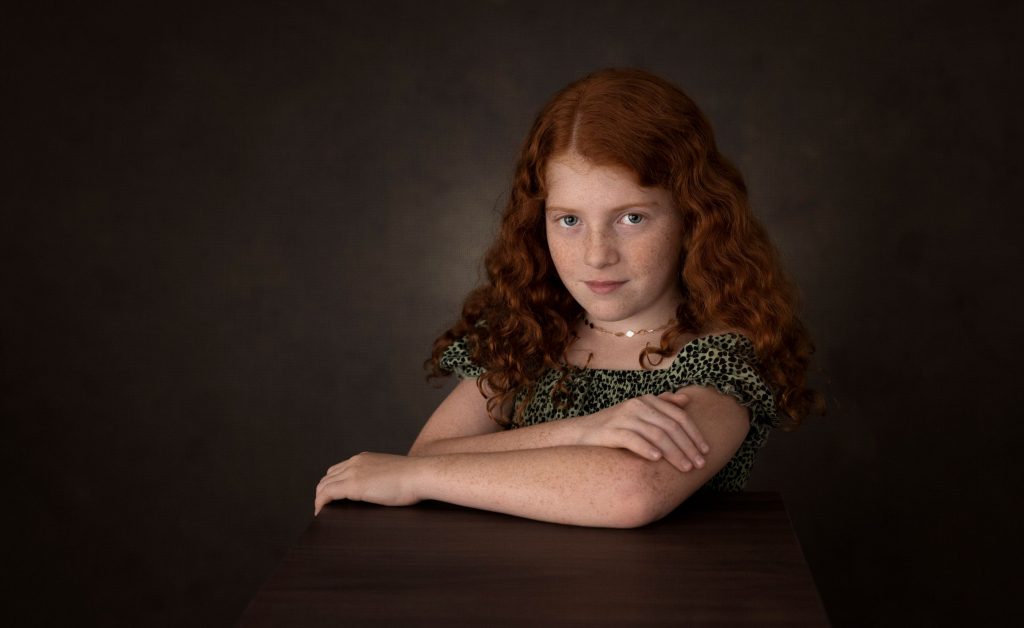
Anastasia Kastellorizios. 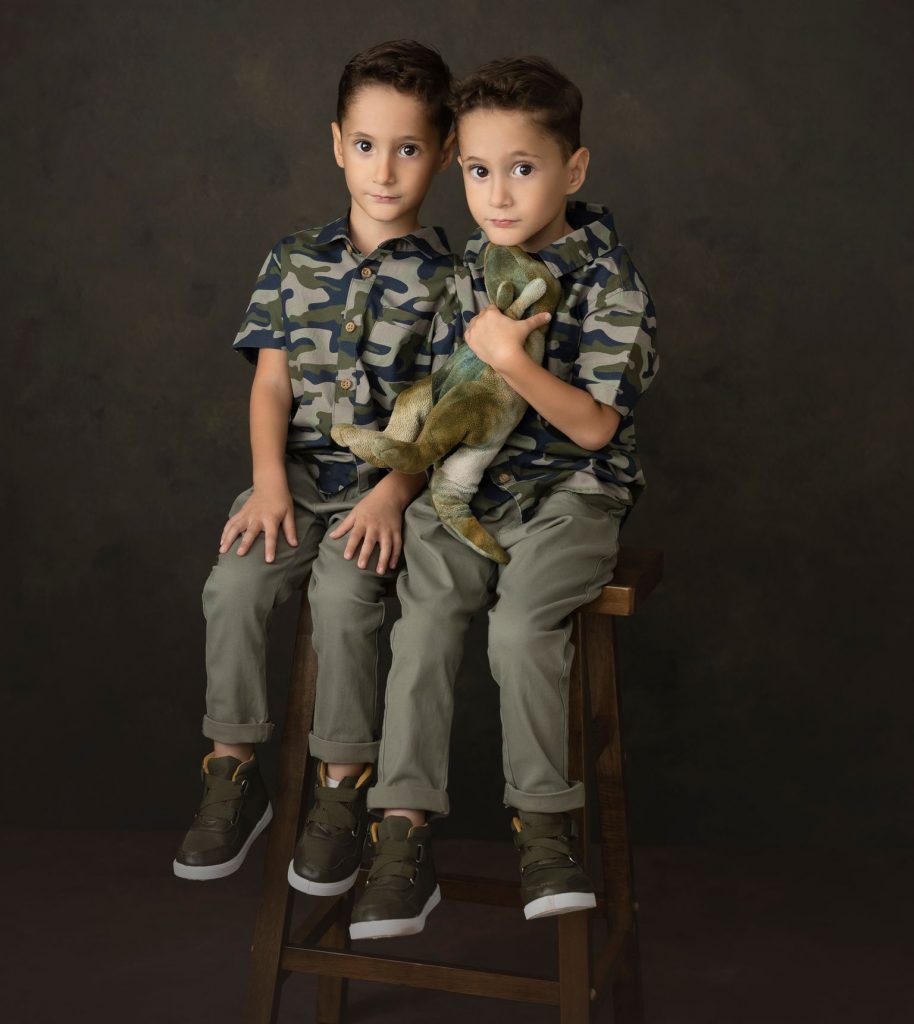
Mihalis and Nektarios Kazouris.
Nikitas Kardoulias: Surviving Darwin’s Cyclone Tracy and life in Central Africa:
Nikitas Kardoulias, and his wife, Helen, also featured in Georgia Politis’ Darwin DiverCity Series and the minute I saw their photographs, I instantly knew I needed to share their story.
Nikitas was born in 1951 on the Greek island of Kalymnos. He lived on the island with his mother as his father had migrated to Darwin in the Northern Territory and was working as a painter to support the family. But in 1965, at the tender age of 14, Nikitas joined his father in Darwin, quickly learnt English at night school and then began to work with him as well.
“Life was difficult when he came. He was a small kid. Australia wasn’t like it is now where it has all these amenities. At first, he would live in the homes of strangers with his dad, he would wash his own clothes… Darwin was like a village. It’s not like how it is now after 40 years,” Helen Kardoulias tells The Greek Herald.
‘We will rebuild’:
It was during this time that Nikitas and his family also lived through Cyclone Tracy, which was a tropical cyclone that hit and devastated Darwin from December 24 – 26, 1974. Nikitas tells The Greek Herald it was one Christmas he will never forget.
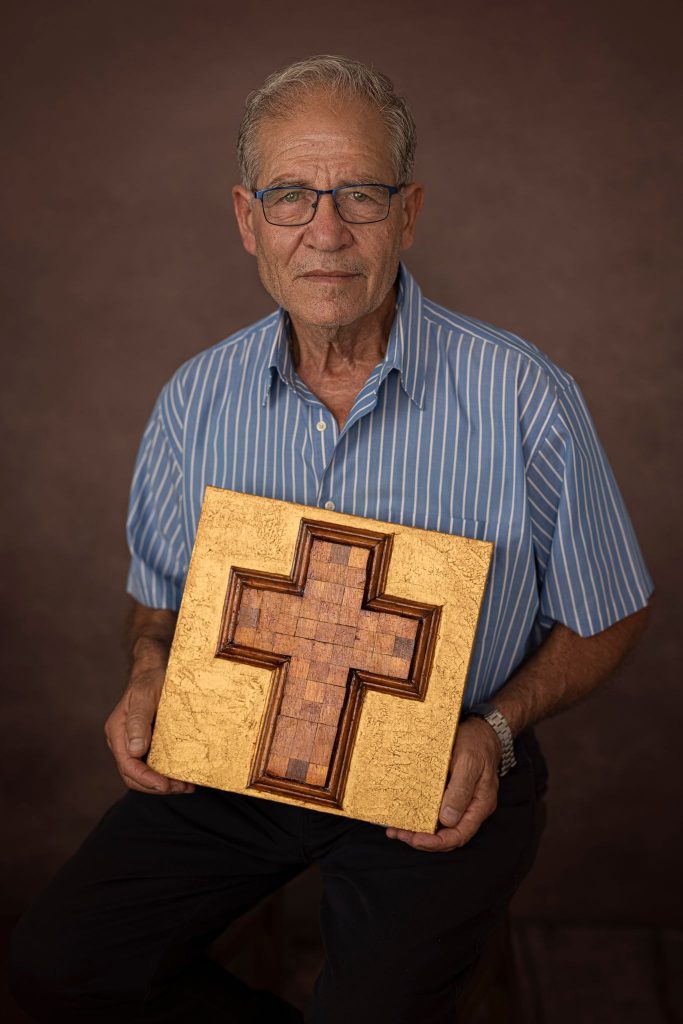
“We didn’t expect the cyclone to be so big but as the days passed, things were getting worse. I was with my mum and dad at the time in our house… which was very close to the ocean, maybe 100 metres, and the wind was very strong,” Nikitas says.
“At around 1am to 1.30am, our roof had completely blown away. I took my mother and father and we left to find a safer place to stay because it was dangerous. When I was driving, marinas were flying, wood was flying, rocks were flying, everything. We couldn’t even see.”
Eventually, Nikitas and his family reached a police station, where other people had also gathered, and stayed there until the morning after the cyclone had passed over Darwin.
“When I returned home, there was only the floor left and one standing wall. It was difficult [to see] but I had my parents with me and I didn’t want to show them I was scared. I told them, ‘Don’t be upset, we will rebuild it’.”
The family moved to Sydney for a while and stayed with some cousins before they returned to Darwin and started rebuilding their home.
Years later, Nikitas visited Kalymnos and married Helen. The couple returned to Australia after they married and had a daughter but eventually went back to Kalymnos and lived there for about ten years. Nikitas was ‘boomeranging’ between Greece and Australia at the time, as he was working to support the family.
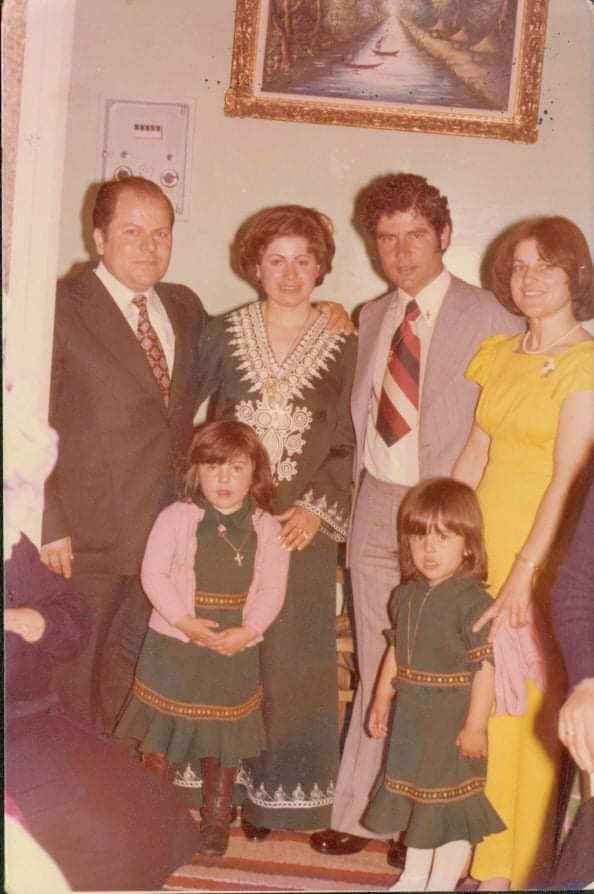
The Kardoulias family. 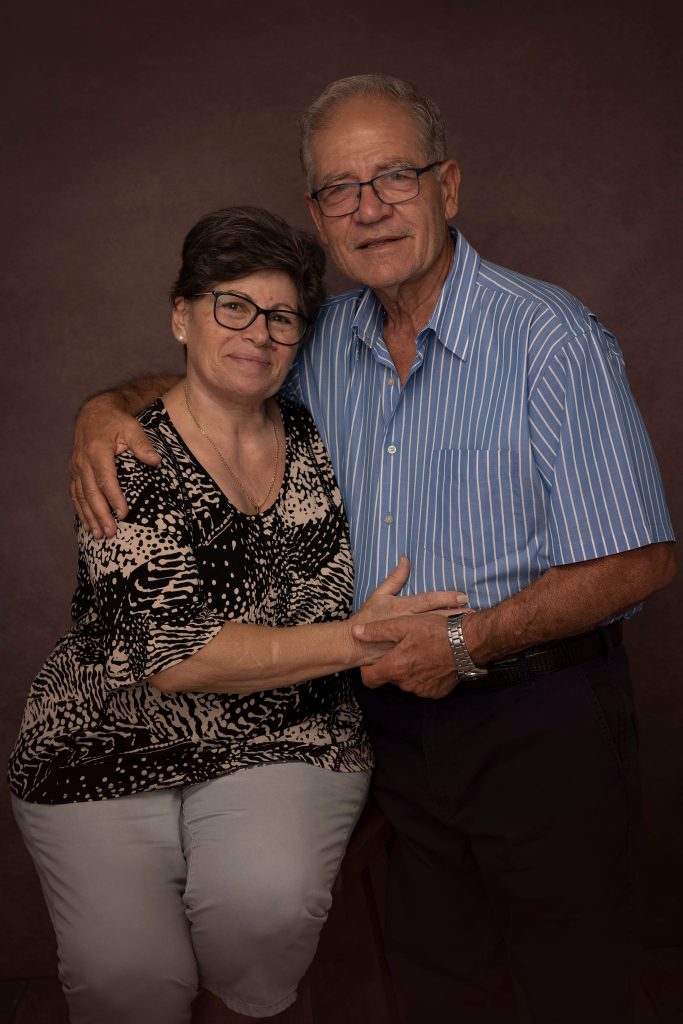
Helen and Nikitas Kardoulias.
“He was leaving and returning for the best of the children so maybe they would stay in their homeland. Australia is great, but every father wants their children to grow up in their homeland, to learn the language, culture and traditions.”
Living in the Congo during the dictatorship:
In the end, the Kardoulias family couldn’t stay in Kalymnos long term, but they still had an exciting stint overseas. In fact, Nikitas and Helen, along with their daughter and son, also lived in the Congo in Central Africa for a short time.
Helen says they opened a supermarket there for a few years, but life was difficult as they had to live under the Mobutu dictatorship.
“At some stage, people revolted against the government and they started to damage shops, they lit fires… we were impacted,” Helen explains.
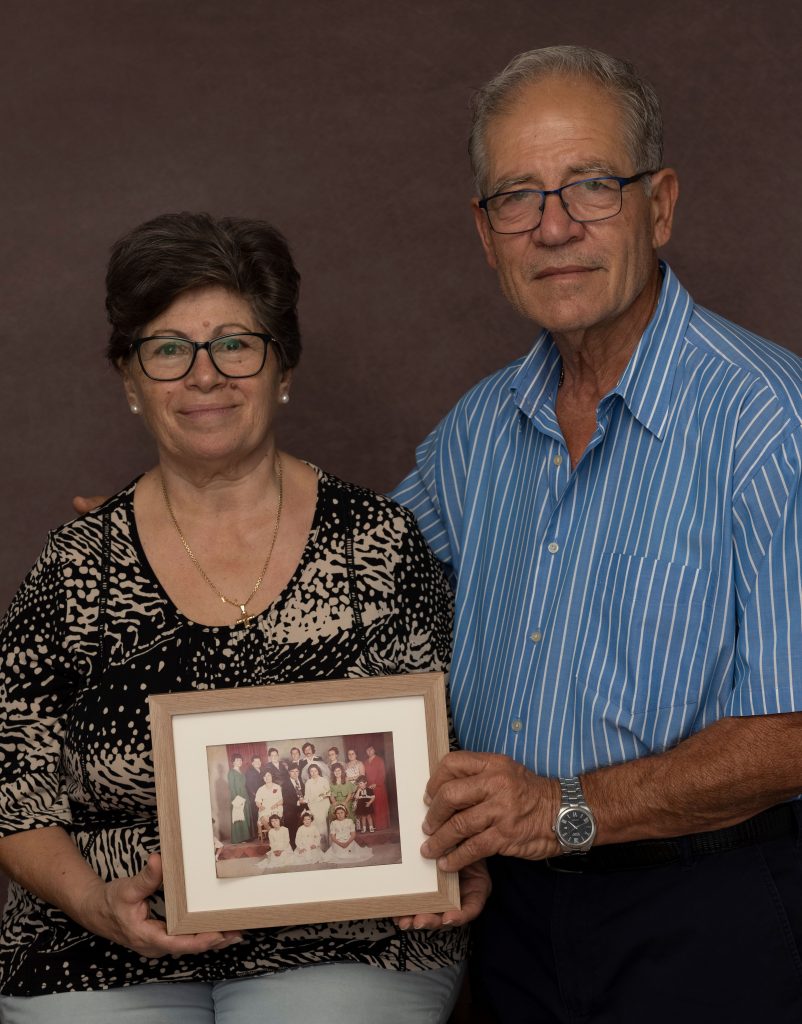
“All the women and children had to leave so my brother, to save us, sent us away and we left the Congo at night-time, and we went to South Africa where it was quieter… Nikitas, my brother and my uncle stayed behind to see whether they could salvage any of our belongings.
“I was eight months pregnant at the time… It was difficult because we left and we didn’t know what would happen to the men.”
The women ended up staying in South Africa for a month before they, along with the men, returned to Kalymnos. After giving birth to another son and indulging in the Greek village life for a little bit longer, the family made their final journey back to Australia in 1993.
Helen says it was the right time to return and now they’re retired and happily reflecting on their incredible life.
“We’ve been together for 43 years now. We’re happy and fruitful. Two of our children are married, we have six grandchildren… so we are looking after our grandchildren now,” Helen concludes with a smile.
*All photos copyright by Georgia Politis Photography. Republished with permission.

